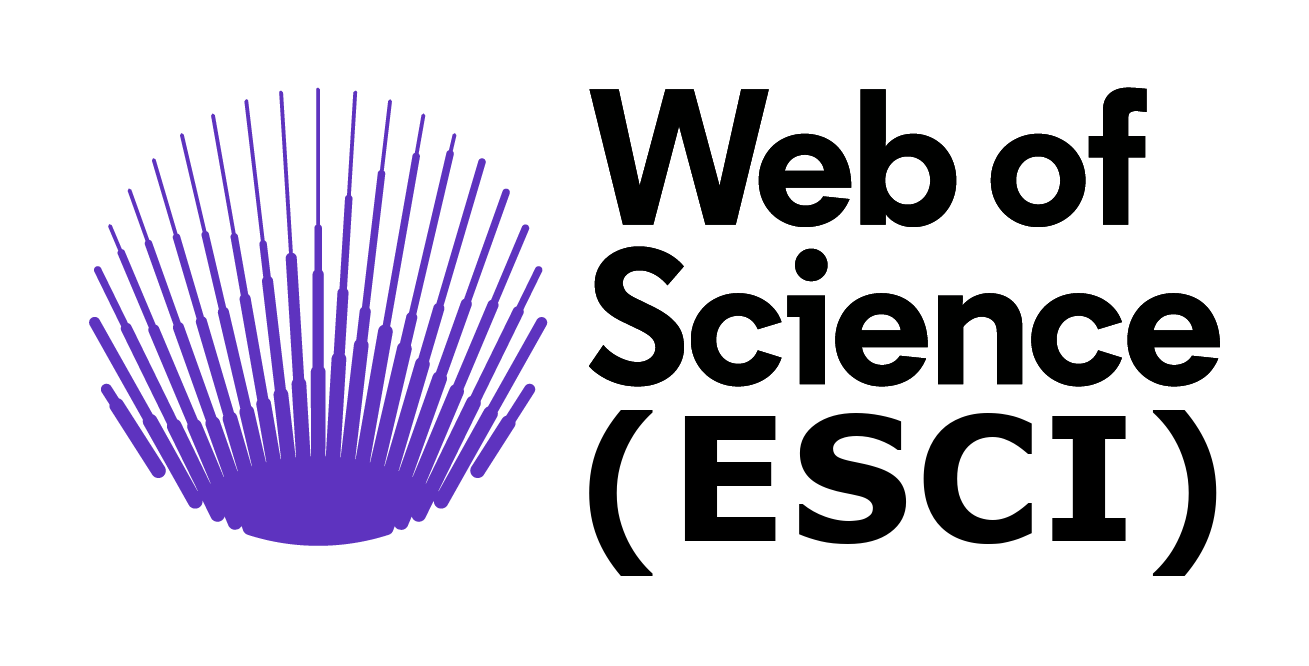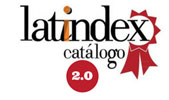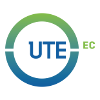MOOCEP: A method for Building Massive Online Courses for Elderly People: Using a MOOCEP creation
DOI:
https://doi.org/10.29019/enfoqueute.v9n1.242Keywords:
e-learning, evaluación, MOOCEPAbstract
Today, the population of elderly people has increased significantly in relation to the total world population. In recent years, this segment of population has shown a greater adherence and interest in technological advances, among them the Internet and its services; this, with the aim of develop different activities such as entertainment, obtain current information, learning different topics, among others. However, applications and websites do not take into account the specific requirements of elderly people. Hence, it is necessary to have methodologies, processes and tools that take into account appropriate forms of interaction specific to this vulnerable sector of the population. This article is an extension to the one presented at the INCISCOS 2017 conference, which proposed a methodology for the creation of massive online courses, called MOOCEP. In this work, it has been considered convenient to test the devices created with the use of MOOCEP, by presenting these resources to elderly people, in order to make a comparison of the before and after knowledge of the various topics presented in the learning platform.
Downloads
References
Arch, A. (2009). WAI Guidelines and Older Web Users: Findings from a Literature Review.
Arpetti, A., Baranauskas, M. C. C., & Leo, T. (2014). Eliciting Requirements for Learning Design Tools. In C. Rensing, S. de Freitas, T. Ley, & P. J. Muñoz-Merino (Eds.), Open Learning and Teaching in Educational Communities: 9th European Conference on Technology Enhanced Learning, EC-TEL 2014, Graz, Austria, September 16-19, 2014, Proceedings (pp. 1–14). Cham: Springer International Publishing. https://doi.org/10.1007/978-3-319-11200-8_1
Barajas Saavedra, A. (2007). Modelo Instruccional para el Diseño de Objetos de Aprendizaje: Modelo MIDOA. E-Spacio.Uned.Es, 52(449), 0. Retrieved from http://e-spacio.uned.es/fez/eserv.php?pid=bibliuned:19245&dsID=n03barajas07.pdf
Baruque, L. B., & Melo, R. N. (2004). Learning theory and instruction design using learning objects. Journal of Educational Multimedia and Hypermedia, 13(4), 343–370.
Basili, V. R. (1992). The Experimental Paradigm in Software Engineering. In Workshop on Experimental Software Engineering Issues: Critical Assessment and Future Directions (pp. 1–12). London, UK: LNCS 706. https://doi.org/10.1007/3-540-57092-6_91
Basili, V. R., & Rombach, H. D. (1988). The TAME Project: Towards lmprovement-Oriented Software Environments. IEEE Transactions on Software Engineering, 14(6), 758–773. https://doi.org/10.1109/32.6156
Beltrán, P., Cedillo, P., Rodríguez-Ch, P., & Bermeo, A. (2017). MOOCEP: Towards a Method for Building Massive Open Online Courses for Elderly People. In International Conference on Information Systems and Computer Science. Quito, Ecuador.
Bong, W. K., & Chen, W. (2016). How Accessible Are MOOCs to the Elderly? In K. Miesenberger, C. Bühler, & P. Penaz (Eds.), Computers Helping People with Special Needs: 15th International Conference, ICCHP 2016, Linz, Austria, July 13-15, 2016, Proceedings, Part I (pp. 437–444). Cham: Springer International Publishing. https://doi.org/10.1007/978-3-319-41264-1_60
Cedillo, P., Beltran, P., & Rodriguez-ch, P. (2017). Evaluation of the Accessibility of MOOCs Oriented to Elderly People Evaluación de la Accesibilidad de MOOC Orientados a la Tercera Edad. Maskana, (Special Issue), 321–332.
Gamage, D., Femando, S., & Perera, I. (2015). Effectiveness of eleaming: Grounded theory approach. In Moratuwa Engineering Research Conference (MERCon), 2015 (pp. 336–341). https://doi.org/10.1109/MERCon.2015.7112369
Ghirardini, B. (2011). E-learning methodologies: A guide for designing and developing e-learning courses. Food and Agriculture Organization of the United Nations (FAO). https://doi.org/I2516E/1/11.11
Gulliksen, J., & Harker, S. (2004). The software accessibility of human-computer interfaces---ISO Technical Specification 16071. Universal Access in the Information Society, 3(1), 6–16. https://doi.org/10.1007/s10209-003-0079-1
Meister, J. (2013). How MOOCs Will Revolutionize Corporate Learning and Development.
Moody, D. L. (2001). A Practical Method for Representing Large Entity Relationship Models, P.h.D. Thesis. University of Melbourne, Australia.
Rodriguez-ch, P., Cedillo, P., Beltran, P., & Ortiz, J. (2017). MOOCEP : A Method for Building Massive Open Online Courses for Elderly People The Analysis Activity. In 47th Annual Frontiers in Education (FIE). Indianápolis, USA.
Sanchez-Gordon, S., & Luján-Mora, S. (2013). Web accessibility of MOOCs for elderly students. In Information Technology Based Higher Education and Training (ITHET), 2013 International Conference on (pp. 1–6). https://doi.org/10.1109/ITHET.2013.6671024
Sanz, C., Moralejo, L., & Barranquero, F. (2017). Metodología CROA. Retrieved February 11, 2018, from http://croa.info.unlp.edu.ar/
Tutoky, G., Babic, F., & Wagner, J. (2013). ICT-based solution for elderly people. In Emerging eLearning Technologies and Applications (ICETA), 2013 IEEE 11th International Conference on (pp. 399–404). https://doi.org/10.1109/ICETA.2013.6674466
UTEID. (2014). Guía Metodológica para la Planificación, Diseño e Impartición de MOOC. Madrid, Spain.
W3C. (2017). Web Content Accessibility Guidelines (WCAG) Overview. Retrieved April 15, 2017, from https://www.w3.org/WAI/intro/wcag
Published
How to Cite
Issue
Section
License
The articles and research published by the UTE University are carried out under the Open Access regime in electronic format. This means that all content is freely available without charge to the user or his/her institution. Users are allowed to read, download, copy, distribute, print, search, or link to the full texts of the articles, or use them for any other lawful purpose, without asking prior permission from the publisher or the author. This is in accordance with the BOAI definition of open access. By submitting an article to any of the scientific journals of the UTE University, the author or authors accept these conditions.
The UTE applies the Creative Commons Attribution (CC-BY) license to articles in its scientific journals. Under this open access license, as an author you agree that anyone may reuse your article in whole or in part for any purpose, free of charge, including commercial purposes. Anyone can copy, distribute or reuse the content as long as the author and original source are correctly cited. This facilitates freedom of reuse and also ensures that content can be extracted without barriers for research needs.
This work is licensed under a Creative Commons Attribution 3.0 International (CC BY 3.0).
The Enfoque UTE journal guarantees and declares that authors always retain all copyrights and full publishing rights without restrictions [© The Author(s)]. Acknowledgment (BY): Any exploitation of the work is allowed, including a commercial purpose, as well as the creation of derivative works, the distribution of which is also allowed without any restriction.























 Enfoque UTE - Facultad de Ciencias de la Ingeniería e Industrias - Universidad UTE
Enfoque UTE - Facultad de Ciencias de la Ingeniería e Industrias - Universidad UTE